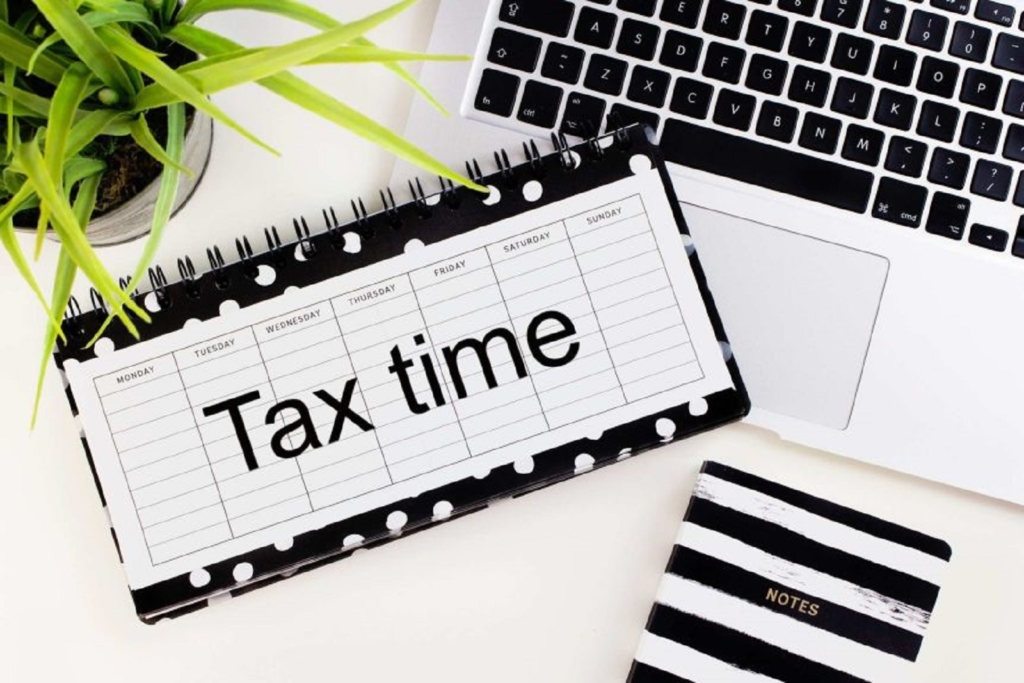Crystal Wealth Newsroom
Preparing for your 2020 end of financial year tax return

Increase in permitted super contributions
There’s a provision this financial year for “catch up” on the $25,000 superannuation concessional contribution, which can be made via your employer, salary sacrifice or directly from you. If you didn’t use your concessional contribution cap in 2018/19, you might also be eligible to carry the remainder forward to this financial year.
In terms of non-concessional – after tax – contributions, if you’re under 65 at any time in a financial year, you can bring-forward up to three years’ worth of non-concessional cap for that income year. This is known as the bring-forward rule and will enable you to contribute a greater amount (i.e. up to $300,000 in 2019–20) without exceeding the non-concessional cap.
For more on super for this and next financial year, read Superannuation Talking Points from our Director Louise Lakomy.
Home office expenses
COVID-19 has forced many workers to work from their home, and as such there are a number of deductions you can claim for this period.
You can claim deductions for several items including:
● Running expenses (heating, cooling, lighting, phone, internet) at a rate of 52c per hour
● Home office equipment (including computers, printers and furniture)
● Computer consumables (printer paper and ink cartridges)
You can claim your home office deductions by a fixed rate method, an actual cost method, or the shortcut method, which offers a flat rate of 80c per hour. Please speak with us to work out which method will be most beneficial for you.
If you’ve been temporarily working from home due to COVID, you can’t claim:
● Rent or mortgage payments
● Any expenses related to your child’s home education
● Cost of tea, coffee, milk or any other items your employer may usually provide
The ATO has some further information about what you can and can’t claim.
Thinking ahead
If there are expenses that you know you’ll incur next year that are tax-deductible, you can bring forward that expense into your 2019-20 tax year. This is particularly useful if you need to reduce your tax assessed income. Private health insurance and income protection insurance are some popular items to prepay.
Going digital
From video conferencing becoming the norm to the refusal of businesses to accept physical cash, COVID-19 has accelerated the move towards digital.
The ATO has also followed suit, so it’s important to know that digital versions of receipts are now just as acceptable as physical receipts. So, if you’ve been buying things online that can be deducted, a soft copy of the receipt is fine.
The key to a straightforward and successful EOFY is how well you’ve kept records, so if you haven’t got everything in perfect order this year, create a digital folder in the cloud or on your computer, and keep soft copies of receipts in there as you purchase items or automated payments are made.
It makes the annual gathering receipts and searching high and low for invoices in June a thing of the past!
Getting things in order
If you’d like some help tackling this EOFY with a difference, or some assistance in preparing for the 20-21 tax year, we’re here to help.
